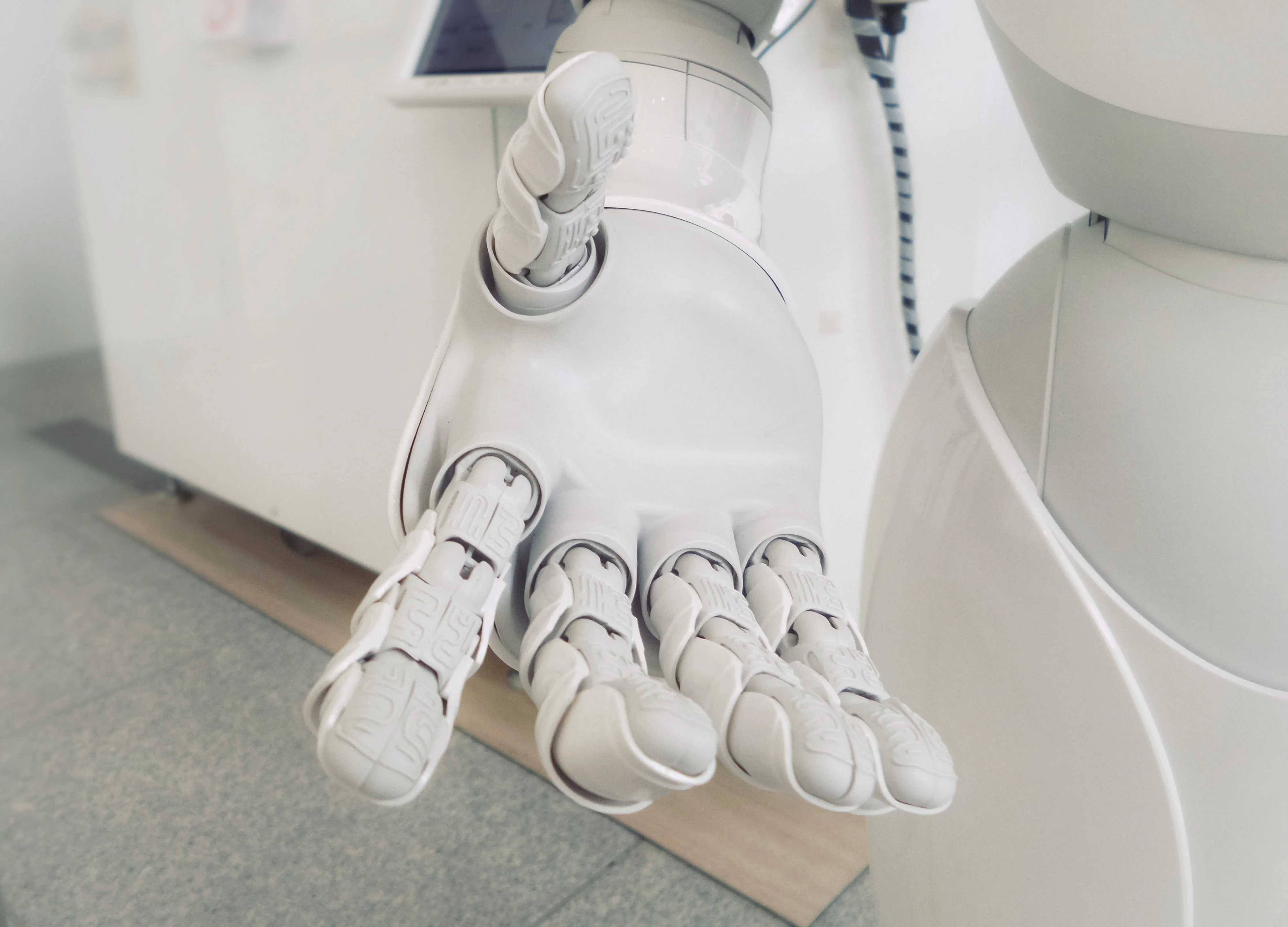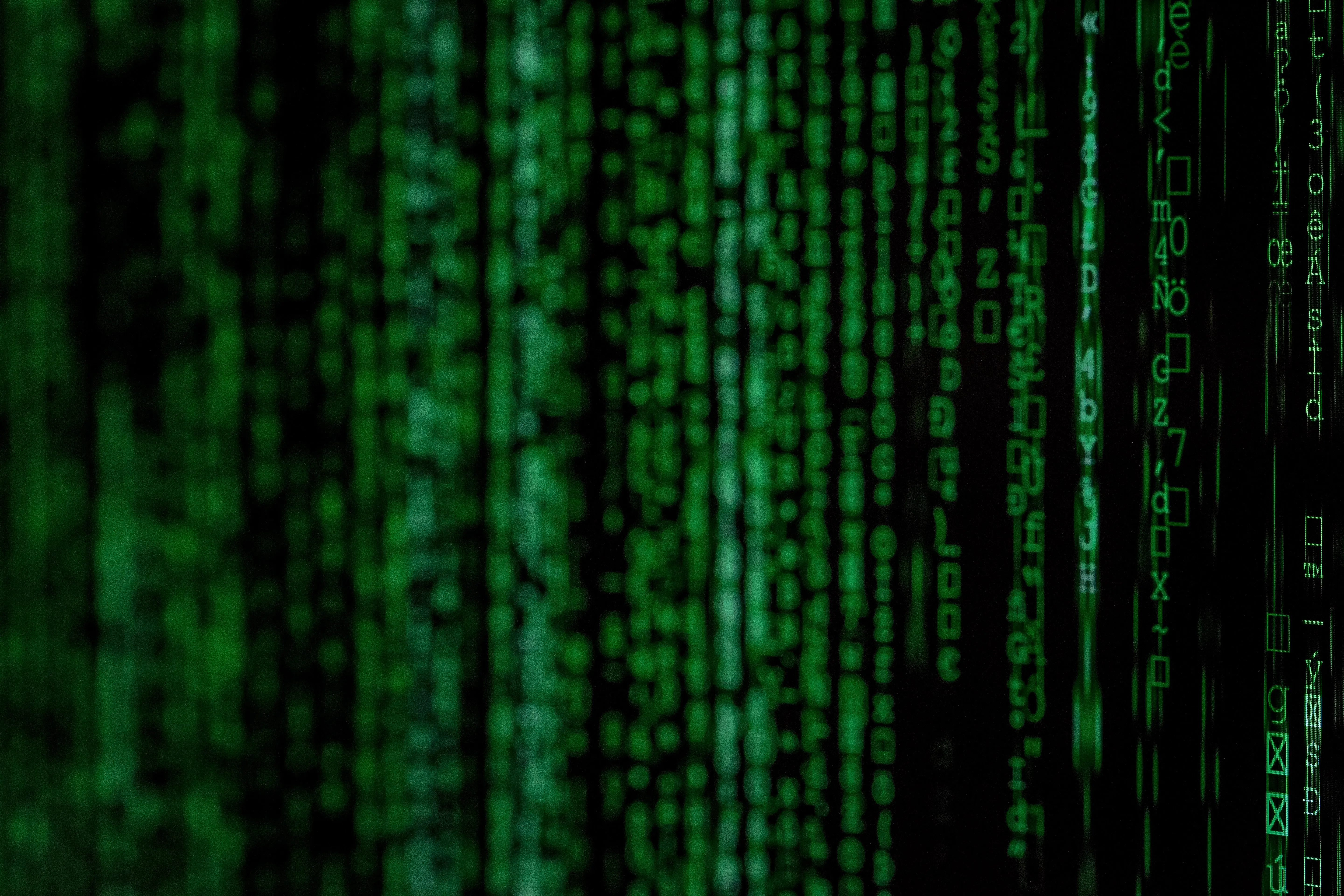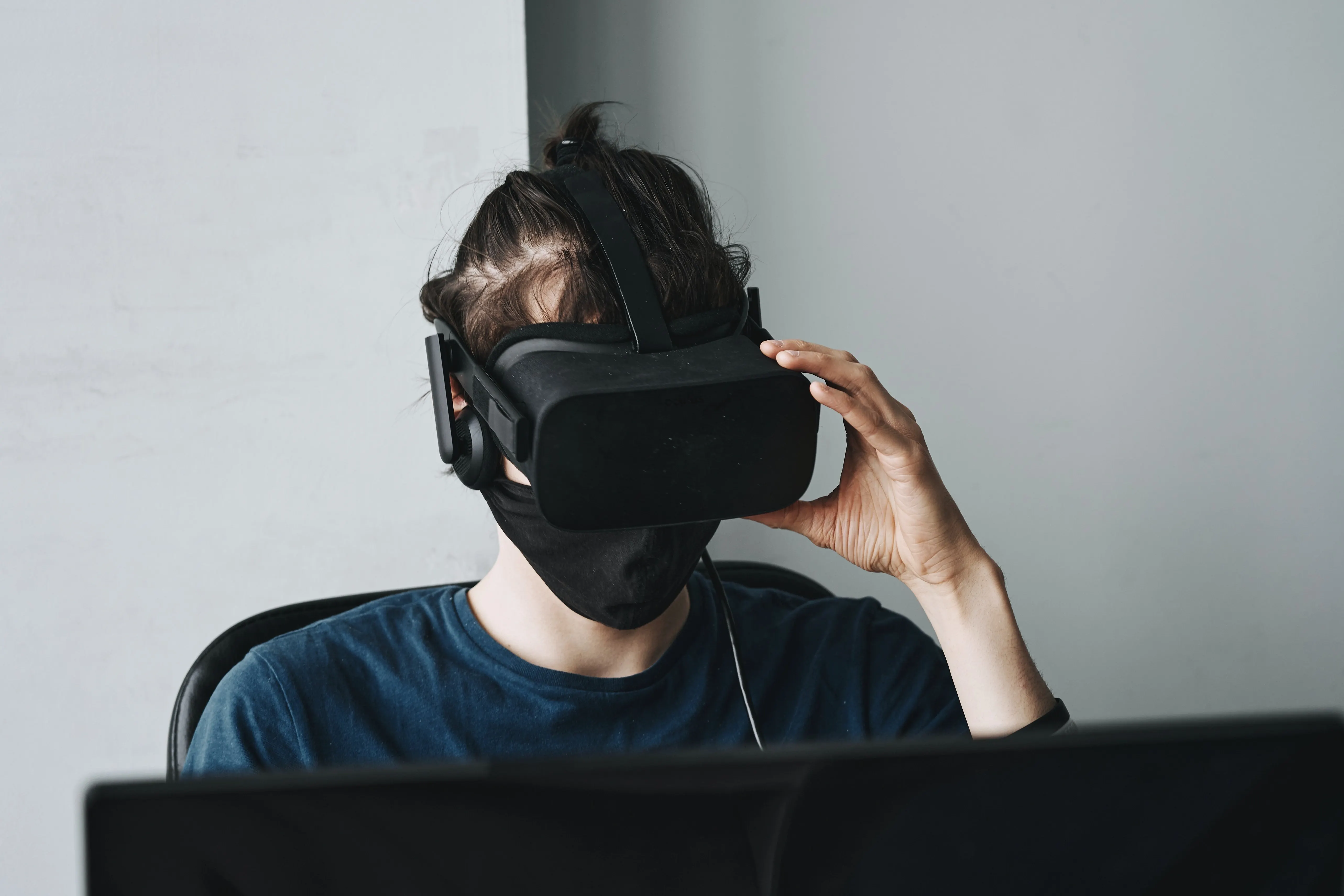The Era Has Begun, and A.I. Will Soon Take Hold Over 66% of Jobs Humans Do

Artificial Intelligence (A.I.)
Artificial Intelligence (A.I.) has rapidly evolved from a futuristic concept to an integral part of our daily lives. The journey of A.I. began with a vision to enhance human capabilities and improve efficiency across various domains. As we stand at the cusp of a technological revolution, it is crucial to understand the roots of A.I., the pioneers who ignited the revolution, and the ambitious goals they aimed to accomplish. In this article, we delve into the history of A.I., its current role in the job market, and the potential consequences of an increasingly A.I.-dominated workforce.

The Revolutionaries and Their Vision:
The pioneers of A.I. envisioned a world where machines would augment human abilities and drive innovation across industries. Their initial focus was on tasks that were tedious, time-consuming, or dangerous for humans. Early applications of A.I. included language translation, chess-playing programs, and early forms of expert systems used for decision-making in specialized domains.
The Current Role of A.I. in Jobs:
Fast forward to the present, A.I. has become an indispensable part of modern life, deeply integrated into various industries. Jobs that involve repetitive and rule-based tasks, such as data entry, manufacturing, and customer support, have witnessed significant automation through A.I. technologies. As a result, productivity has soared, and businesses have embraced A.I. to gain a competitive edge.
The Jobs A.I. Will Soon Take Away:
With the advancement of machine learning, natural language processing, and robotics, A.I. is encroaching upon domains that were traditionally reserved for human expertise. Jobs in sectors like transportation, logistics, retail, and even some aspects of healthcare are on the radar for automation. Roles such as truck drivers, delivery personnel, and cashier jobs are facing the prospect of being displaced by A.I.-driven automation.
Balancing Innovation and Consequences:
While A.I. promises immense benefits, the accelerating pace of automation raises concerns about the displacement of human workers. Companies are pressed to continue investing in A.I. technologies to stay ahead in a fiercely competitive market. However, the potential social and economic impact of widespread job loss cannot be ignored.
The Ethical Dilemma:

As A.I. continues to evolve, it is essential to address the ethical dilemmas associated with its implementation. Ensuring that A.I. is developed responsibly and ethically becomes crucial to minimize adverse consequences and create a sustainable future for both technology and humanity.
Conclusion:
The era of A.I. has indeed begun, and its impact on the job market is evident. From its humble beginnings to its current state, A.I. has made significant strides, achieving remarkable feats in various industries. While the promise of A.I. is tantalizing, the responsibility lies with us to strike a balance between innovation and safeguarding the interests of the workforce. Embracing A.I. responsibly, coupled with thoughtful policy frameworks, will pave the way for a future where humans and machines coexist harmoniously, leading us to a better, more prosperous world.
Author: GoldWiz



